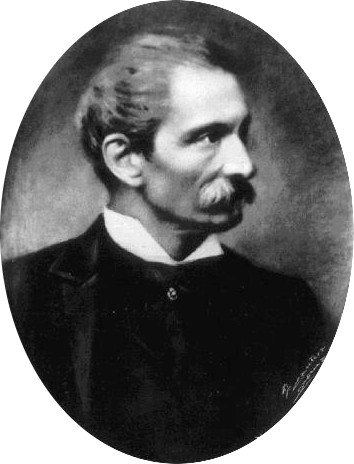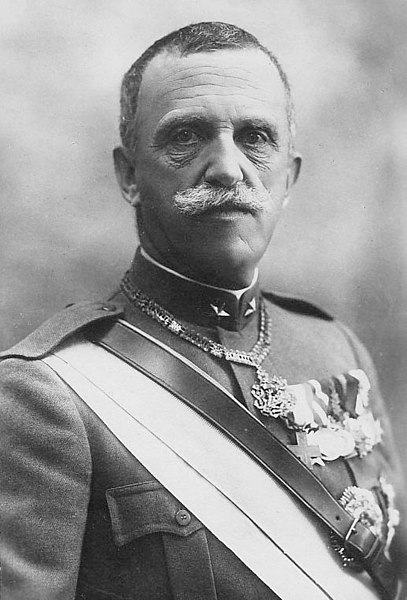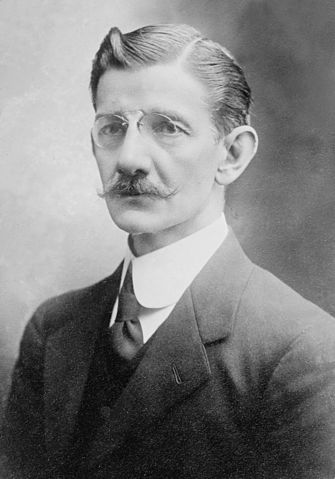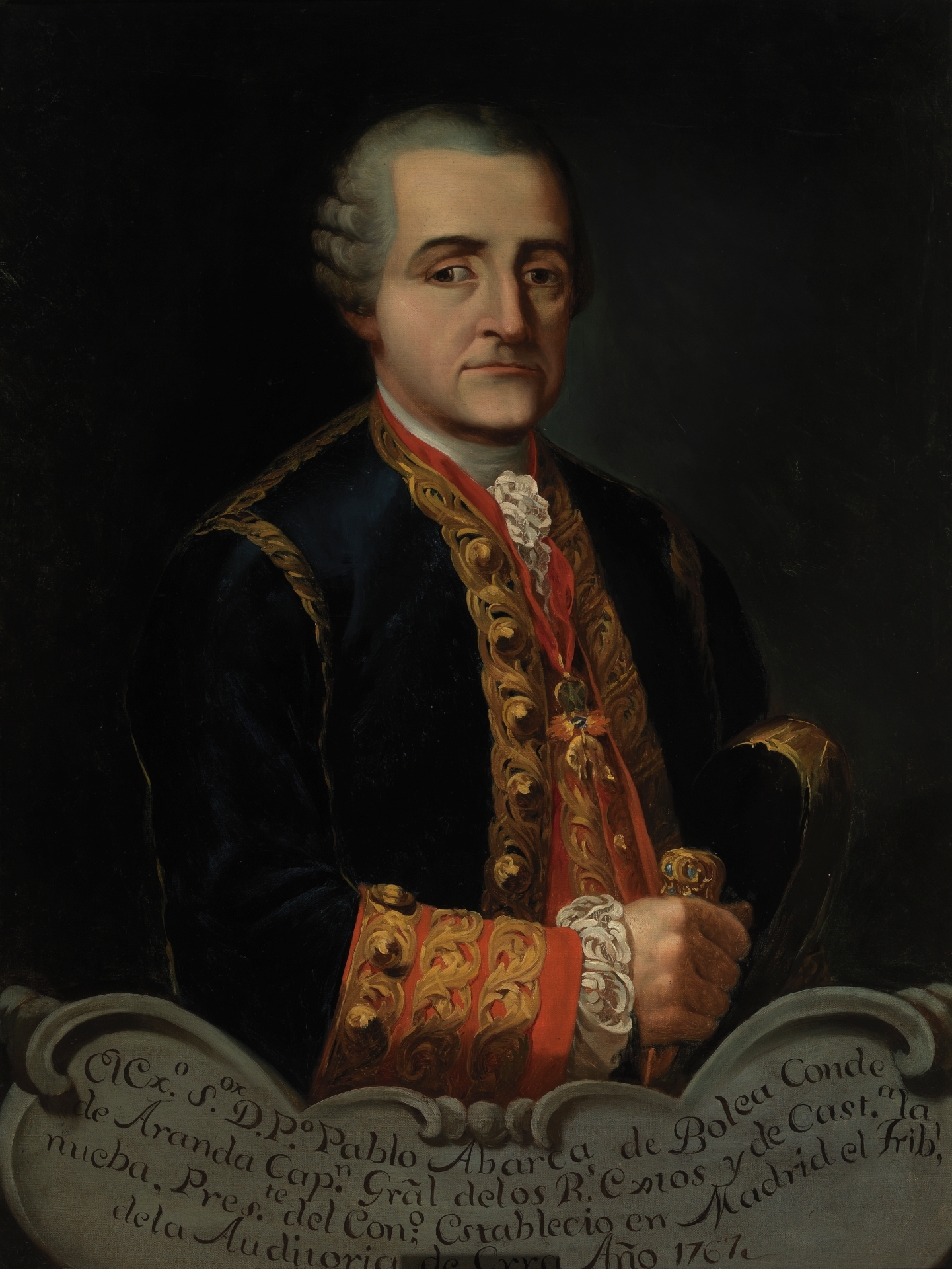Timeline of Events, 1898-1901: Independencia,entre victoria y tragedia (continuation)
4 March:
5 March:
6 March:
7 March:

Francis Joseph I
Emperor of Austria and King of Hungary
8 March:
9-10 March:

Juan Sumulong y Márquez
11 March:
12 March:
13 March:

Cabinet Room, Sándor Palace
14 March:
15 March:
NOTES:
[1] OTL: Barrios are rural parts of a typical Philippine municipality.
[2] OTL: Población is the central and urban part of a typical Philippine municipality.
1901
4 March:
In the Palace of Malacañang, the Governor-General asked Senate President Marcelino González y Blancaflor about the progress on the proposed amendments to the Philippine Copyright Law in the Upper House. The senator, in his part, told Ambrosio Rianzares Batista that his colleagues were doing its best to pass the proposed legislation within this week, particularly days before the formal dissolution of the two houses of Cortes de la Junta General this Friday. The pressure to pass the proposal in the Upper House intensified further after their colleagues in Cámara de los Delegados passed the proposal presented by Junta President Mariano Trias last Tuesday after months of debates, deliberations and committee meetings.
5 March:
In the Kingdom of Spain, sources within Partido Cónservador told some members of the local press and foreign correspondents that President (and party leader) Francisco Silvela has finally allowed Foreign Minister Marcelo Ázcarraga to travel to the Dutch city of The Hague for the upcoming conference of the European foreign ministers in relation to the current situation in China and the political status of Mongolia. According to the said sources, Silvela finally realized that the presence of Ázcarraga as chief diplomat was necessary for such an important conference like in The Hague. The current Spanish Foreign Minister has missed four consecutive conferences since last 8th of February due to the formal dissolution of Cortes by His Majesty the King Leopold I and the subsequent campaign period as the country was preparing for the General Elections on the 8th of April; indeed according to the resolution that passed by Junta Electoral del Reino last year, the campaign period would end on Holy Wednesday, 4th of April.
6 March:
Just almost two months after Junta President Mariano Trias presented the proposed amendments to Philippine Copyright Law of 1882 before the members of the Senate, insiders within the Upper House of Cortes de la Junta General finally confirmed that the senators has finally passed the proposal after more than half (65% of the senators present in the quorum) voted in favor of passing the said proposed legislation. According to the same sources, Senate President Marcelino González y Blancaflor was finally relieved that the Upper House would now be ready for its formal dissolution this coming Friday as the country was preparing for the campaign period of the four major national political parties, and consequently, the General Elections.
7 March:
In the Hungarian capital Budapest, Prime Minister Kálmán Széll presented a copy of his proposed legislation of a unified Székely county to King (and Austrian Emperor) Francis Joseph in a private meeting in the former's formal residence, the Sándor Palace. After reading the copy of the proposal, the Hapsburg monarch commented that although the proposed legislation was indeed good, he reminded Széll to listen to the ethnic Romanian members of the Diet (Hungarian parliament) from Transylvania and their arguments in order to settle the differences between them and their Székely. According to the sources within the official residence of the Hungarian Prime Minister, the statesman was attempting to convince the two groups of MDs to meet with him without success; hence, he's considering the intervention of the King of Hungary (and Emperor of Austria).

Francis Joseph I
Emperor of Austria and King of Hungary
8 March:
In Intendencia in the federal capital Manila, almost all members of the two houses of Cortes de le Junta General (with the exception of the Socialists) formally attended and witnessed the formal dissolution of the legislature by the Governor-General of the Philippines himself, Ambrosio Rianzares Batista. In his speech before the members of the Senate and Cámara de los Delegados, the Governor-General has indicated that the said dissolution of the Cortes would "turn a new page in the history of the country" as the electorate would chose the members of the new Federal Congress (Senate and Cámara de los Representantes), the legislature of the Philippines under the new constitution, in which it maintained its federal-parliamentary form of government as an independent dominion of the Spanish Crown. In addition, the Governor-General highlighted the importance of the Cortes, and the Junta General as a whole, played an important part in the recent political history of the archipelago. Created in 1873, the Junta General de las Islas Filipinas was considered as the first true national government.
9-10 March:
The four major political parties (Partido Nacionalista, Partido Progresista, Partido Patritota Nacional and Partido Socialista de Filipinas) has formally released and issued their respective electoral manifestos in preparation for the campaign period which would start on Monday, the 11th of March. Most of these manifestos suggested different programs that claimed to respond to the needs of the Filipino people; nonetheless, a provision from the Progresista manifesto has made a widespread attention: the local government reform, in which the barrios[1] outside the población[2] would form new municipalities and they, in turn, would form mini-regions called comarcas, while maintaining the responsibilities of Juntas Provinciales to manage the affairs related to the local governments. According to Juan Sumulong, who was the member of Partido Progresista's Executive Committee responsible for local government, the party felt that the municipal government needed an overhaul as they felt the current system was already antiquated.

Juan Sumulong y Márquez
11 March:
The campaign period across the country has already been started as pamphlets, posters and other campaign materials were posted in every street corner and distributed to potential voters in the whole archipelago. According to the sources from Guardia Civil, the situation in general was peaceful, with no or rare violent incidents that happened, usually involving the anarchosyndicalist trade union Movimiento Anarquista Filipina (MAF), who called for absolute abstention from the upcoming elections. For their part, the electoral body Junta Electoral Nacional has assured that the ongoing campaign period would be more peaceful and orderly than the previous years, and according to its chairman Alberto Fabián de Sosa, the electoral would still decide if the current synchronized campaign period would be extended to future General Elections.
12 March:
In The Hague, Colonies Minister Jacob Theodoor Cremer sent telegrams to both Batavia (Dutch East Indies Governor-General Willam Rooseboom) and Ambón (Moluccan Governor-General Cornelis Fock) that the treaty regarding the definitive sovereignty of Halmahera island was already approved by the two houses of the States-General. The Colonies Minister added that copies of the treaty would be sent to both Dutch East Indies and self-governing colony of Moluccas to be reviewed before the definite signing. Meanwhile, according to the sources within the Colonies Ministry, Cremer was already aware that if the treaty was sent to Moluccas, it would be scrutinized and debated in the Legislative Council of the self-governing Dutch colony.
13 March:
Sources within the Sándor Palace in the Hungarian capital Budapest has indicated that the ethnic Romanian MDs from Transylvania and their Székely counterparts were finally convinced that they really needed to meet with Prime Minister Kálmán Széll to settle any differences in relation to the proposed single Székely county. According to the same sources, it was the King of Hungary (and Emperor of Austria) himself, His Imperial Highness Francis Joseph I, who insisted that the rival groups should settle their differences and air their grievances to Prime Minister Széll. As a result, both MDs have agreed that the conference room of the palace, which was frequently used by the Cabinet of the Kingdom of Hungary, would be used in their meeting. The proposed legislation, which was presented in the Diet (Hungarian parliament) last year, called for a unified Székely county; it was deeply resented not just by the ethnic Romanian parliamentarians, but also in neighboring Bucharest.

Cabinet Room, Sándor Palace
14 March:
The Junta Electoral Nacional has confirmed that the campaign period would be suspended for a whole week from 1st to 7th of April in observance of the Holy Week. According to its chairman Alberto Fabián de Sosa, the decision was made unanimously by all seven members of the electoral body, in which they indicated that the temporary suspension of the campaign period would be "more helpful to all candidates to reflect more about their policies and to focus on different strategies to capture the support of the voters", while at the same time, "the observation of the Holy Week was considered sacred by the Filipinos, registered voters and not, especially in the rural parts of the country, thus the electoral body has always respected its sanctity". In addition, de Sosa said that the JEN had already sent notices to the four major national political parties regarding the decision. However, the chairman of the electoral body never indicated if the temporal suspension of the campaign period within the Holy Week would be extended into the future elections. As mentioned earlier, the campaign period would be resume on Easter Monday, 8th of April.
15 March:
The current General Manager of Ferrocarriles de las Islas Filipinas said that every employee of a state enterprise were free to vote their preferred candidate in the upcoming General Elections, which would be held on the 13th of May. In addition, Eduardo López Navarro has assured that state enterprises like the FIF (Ferrocarriles) and Agencia Telegrafica Nacional de Filipinas (ATNF) are independent from Junta General/Gobierno Federal as indicated in their statutes that was passed by the Cortes de la Junta General. However, the General Manager of the FIF reminded that bringing campaign materials to the workplace were strictly prohibited as agreed with his counterparts in other state enterprises last weekend.
NOTES:
[1] OTL: Barrios are rural parts of a typical Philippine municipality.
[2] OTL: Población is the central and urban part of a typical Philippine municipality.
Last edited:

















